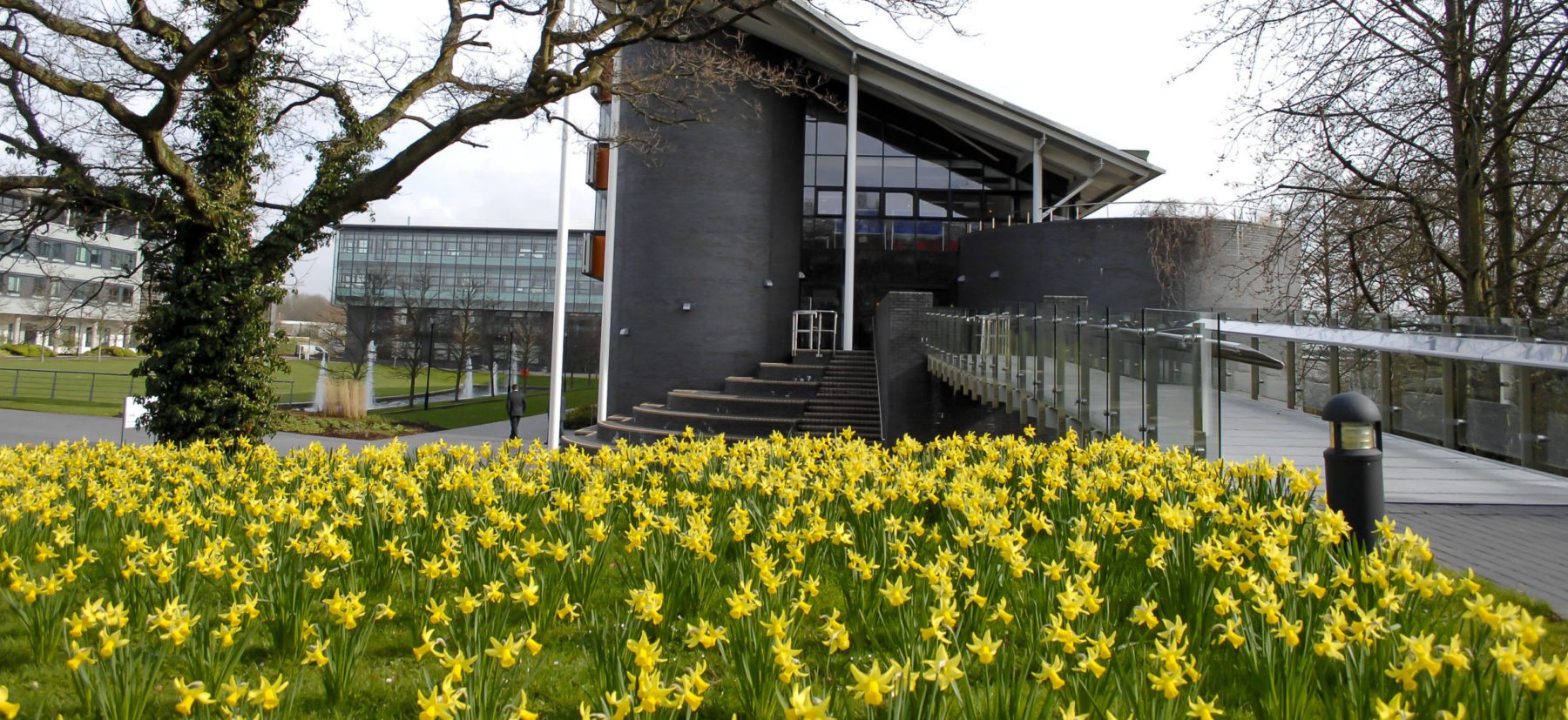Government investment in West Midlands infrastructure could create 10,000 jobs
The Chief Executive of Jaguar Land Rover (JLR), Ralf Speth, has challenged the government to invest about 400 million in infrastructure in the West Midlands region, which could create 10,000 jobs.
This figure was allegedly specified by Lord Kumar Bhattacharyya, Chairman of Warwick Manufacturing Group (WMG). He also hinted that jobs could be created if Jaguar Land Rover extended their manufacturing of electric vehicles and batteries to Coventry.
The discussions are part of the government’s drive to reinvigorate the economy by focusing on the manufacturing of electric cars.
The car manufacturer plans to make the most out of a government pledge to put electric vehicles and vehicle battery development at the core of its industrial strategy, after witnessing economic change after the Brexit referendum. Presently, less than 1% of the European market is dominated by electric vehicles, making it a key market with growth potential.
However, that is not to say that such undertaking will not face challenges. In entering a distinct market that has been dominated by the likes of Tesla, JLR faces the prospect of having to lower their fuel consumption and carbon emissions per mile.
According to Ralf Speth, Chief Executive of Jaguar Land Rover, JLR is currently manufacturing its first electric car with third-party group Magna in Austria.
He explained: “We want to build our electric vehicles in the West Midlands, in the home of our designing and engineering. This is why we must bring battery R&D [research and development] and production to the UK.”
According to the Financial Times, JLR would require a further £600 million worth of private investment for its plans.
In addition to manufacturing plans, a massive overhaul of local infrastructure in the West Midlands would need to be executed, in order to harness 12 to 15 gigawatts of electricity a year to produce electric cars and batteries.
Coventry City Councilor, Jim O’Boyle, said it was important the government “stepped up to the plate”, and added: “We want to be at the forefront of this new technology, we don’t want it to go abroad.”

Comments